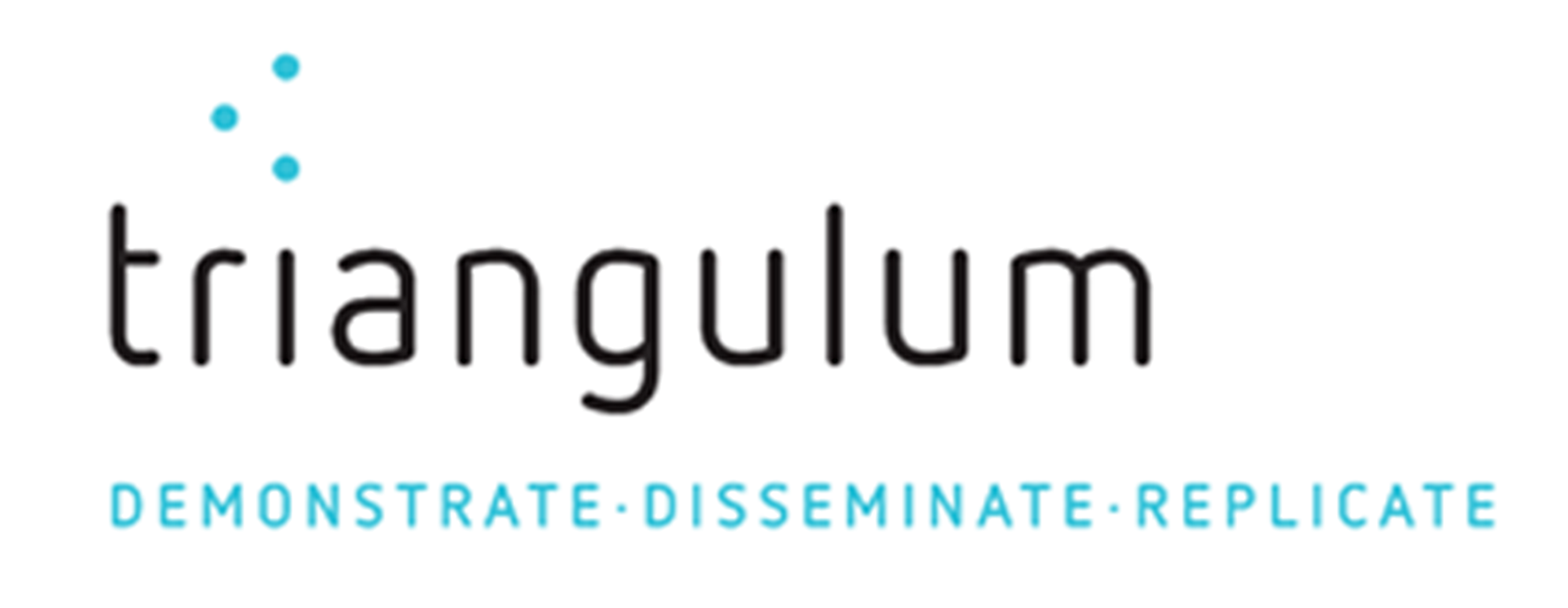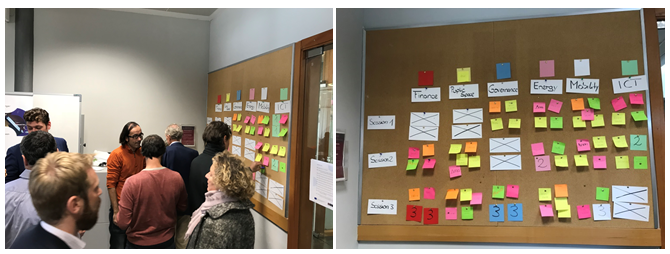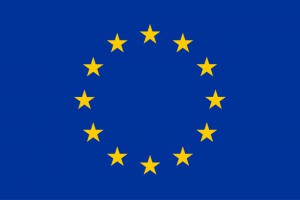The Triangulum Lighthouse Cities have tested and evaluated countless methods, measures and tools on their way to become more green and sustainable cities. But how could the Follower Cities (FCs) choose from this wealth of experience and benefit from good practices?
Within the project, support is given by means of the so called “Follower City Training Mission”, consisting of FC days, workshops and webinars which are tailored to the specific needs of Follower Cities, and of the Triangulum Replication Tool, a database interlinking city needs with possible solutions.
On 13th and 14th November, stakeholders met in Sabadell to discuss the goals and the next steps for Follower City Sabadell.
The workshop was attended by representatives of the City of Sabadell, the City of Eindhoven, with its Mayor John Jorritsma, as well as members of the Fraunhofer research institute as coordinators of the Triangulum project. 15 entities of Sabadell were represented at the workshop that consisted of two parts.
On the first day, the training was closely related to the interventions carried out in the Triangulum Lighthouse Cities in the fields of ICT, mobility, energy, financing, public space and governance. Also, the replication approach of Triangulum with its two pillars – the FC Training Mission and the Replication Tool – was explained. This “double-approach” enables the Follower Cities to identify the areas of smart city activities, suitable technologies and solutions to be implemented and the costs of the measures. At the same time, possible funding and business models are checked, timelines are generated and appropriate partners identified by taking into account risks and local governance and coordination structures.
“The challenging goal is to design tailored solutions adapted to local needs, but standard enough to be applied to a significant array of European cities…”, stated Miquel Soler i Antolí, Councilor of information and communication technologies of Sabadell.
The 2nd part of the workshop consisted of a day of group work focusing on co-designing Sabadell’s the urban implementation strategy including the following elements:
- Green last-mile urban delivery of goods
- Recharging points for electric vehicles
- Renovation of the municipal fleet with non-polluting vehicles
- Environmental sensors
- Instruments for the acceleration of start-up companies
- Maker spaces linked to the circular economy
- Digital platform for space and resource sharing
- Measures for energy efficiency in the refurbishment of existing buildings
During the workshop, the participants from Sabadell and Eindhoven made comments and suggested improvements, applying various methodologies for designing and prototyping ideas, especially the “business model canvas”.
The draft implementation strategy of Sabadell is focusing on energy sustainability, electric mobility, the opening, exploitation and sharing of data and the creation of new entrepreneurship and employment linked to the sectors of urban innovation.
“For Sabadell, the main goal is that our strategy improves the quality of life of our citizens, social inclusion, democratic quality and leverage for equitable economic progress with new job creation, especially for small entrepreneurs and the social economy sectors”, summarised councilor Soler i Antolí. Sabadell’s implementation phase will start in 2018.
Sabadell’s strategy is the result of the Triangulum efforts following the Morgenstadt methodology of matching the identified city needs with the innovative solutions implemented in the Lighthouse Cities by, at the same time, taking low risk business models into account with fewer burdens on public finances.
The SCIS (Smart City Implementation Strategy) is a key deliverable of each Follower City within the Triangulum Project. It is an instrument which helps the cities to respond to policy challenges and to structure implementation and investments. The content and format varies depending on territorial context, on policy challenges and on the planned measures.
Replication workshop sessions in Sabadell with city representatives and stakeholders.
This activity counted on the economic support of the Barcelona provincial council (Diputació de Barcelona), under the framework of the 2017 Service catalogue of the 2016-2019 Local government network.


